Unclog a Kitchen Sink
Dealing with a clogged kitchen sink can be a frustrating and inconvenient experience. It can disrupt your daily routine and make it difficult to prepare meals or clean dishes. But before you call a plumber and spend a hefty amount of money, try out these simple and effective methods to unclog your kitchen sink.
How to Fix a Clogged Kitchen Sink
A clogged kitchen sink is often caused by a buildup of food particles, grease, and other debris. To fix it, start by removing any visible debris from the sink using a pair of tongs or your hands (if you don't mind getting a little messy). Then, try pouring boiling water down the drain to dissolve any grease or grime. If that doesn't work, move on to one of the following methods.
Kitchen Sink Not Draining? Here's What to Do
If your kitchen sink is not draining at all, there may be a more serious clog deeper in the pipes. One effective way to clear this type of clog is by using a plunger. Fill the sink with enough water to cover the plunger, then place the plunger over the drain and pump it up and down several times. This will create suction and hopefully dislodge the clog.
5 Ways to Clear a Clogged Kitchen Sink
If the plunger method doesn't work, don't worry, there are still other ways to clear a clogged kitchen sink. Another effective method is using a drain snake, also known as a plumber's snake. This long, flexible tool can reach deep into the pipes and dislodge any blockages. You can also try using a mixture of baking soda and vinegar to create a foaming reaction that can break down stubborn clogs.
DIY Solutions for a Slow-Draining Kitchen Sink
If your kitchen sink is draining slowly, it may be a sign of a partial clog. In this case, you can try using a homemade drain cleaner made of hot water, baking soda, and vinegar. Simply pour a cup of baking soda down the drain, followed by a cup of vinegar. Let it sit for about 10 minutes, then pour a pot of boiling water down the drain to flush it out.
Troubleshooting a Kitchen Sink That Won't Drain
If none of the above methods work, there may be a bigger issue with your kitchen sink, such as a damaged pipe or a blocked vent. In this case, it's best to call a professional plumber to assess and fix the problem. They have the necessary tools and expertise to diagnose and solve any plumbing issues.
Common Causes of a Kitchen Sink Not Draining
Understanding the common causes of a kitchen sink not draining can help you prevent future clogs. Some of the most common causes include putting food scraps, grease, and coffee grounds down the drain, not using a drain cover, and not cleaning the sink regularly. By being mindful of what goes down your drain and taking preventative measures, you can avoid dealing with a clogged kitchen sink in the future.
How to Use a Plunger on a Kitchen Sink
Using a plunger on a kitchen sink is a simple and effective method to clear a clog. To use a plunger, fill the sink with enough water to cover the rubber cup of the plunger. Place the plunger over the drain and pump it up and down for about 20 seconds. If the water starts to drain, continue plunging until the clog is completely gone. If the water does not drain, try a different method like using a drain snake.
Chemical-Free Ways to Unclog a Kitchen Sink
Chemical drain cleaners can be harsh and damaging to your pipes, as well as harmful to the environment. Luckily, there are many natural and chemical-free ways to unclog a kitchen sink. Some of these methods include using a plunger, drain snake, baking soda and vinegar, and hot water. These solutions are not only effective but also safe and environmentally-friendly.
Preventing a Kitchen Sink from Clogging in the Future
The best way to deal with a clogged kitchen sink is to prevent it from happening in the first place. To prevent future clogs, make sure to scrape food scraps into the trash instead of putting them down the drain, clean the sink regularly, and use a drain cover to catch any debris. It's also important to avoid pouring grease and oil down the drain, as they can solidify and cause clogs.
How to Fix a Clogged Kitchen Sink Drain

Introduction to Kitchen Sink Drains
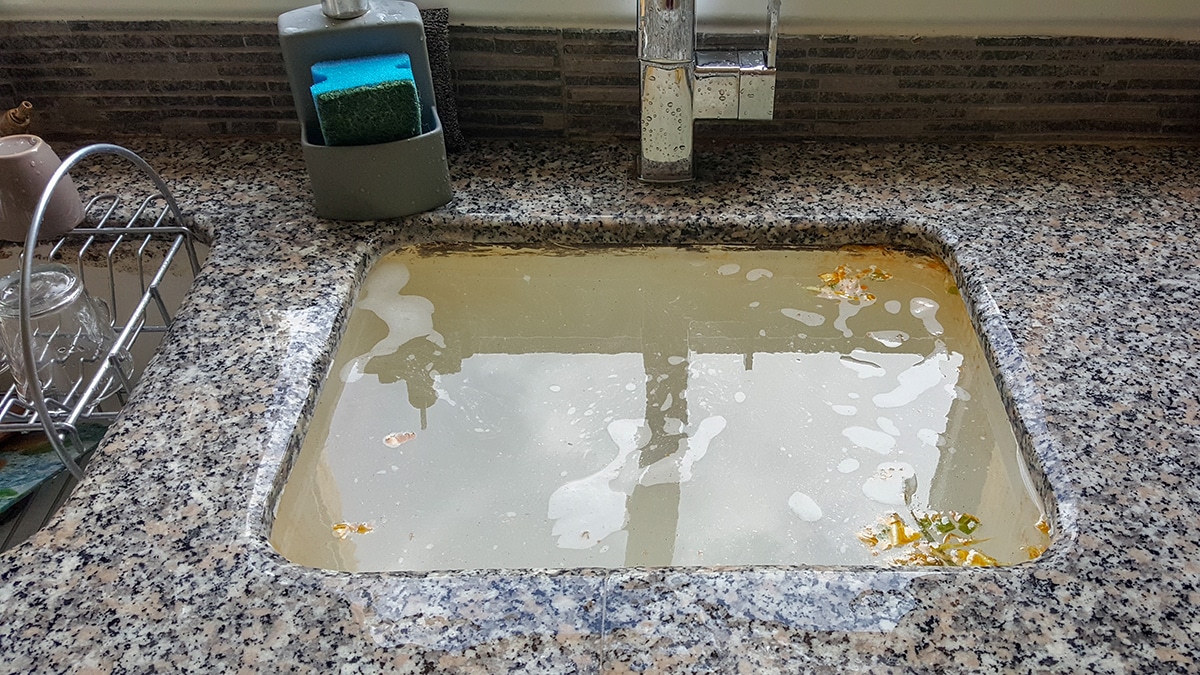 The kitchen sink is one of the most used fixtures in a house, making it prone to clogs and drainage issues. A clogged kitchen sink can be a major inconvenience, causing standing water, slow drainage, and unpleasant smells. There are several reasons why a kitchen sink may not be draining properly, including food debris, grease buildup, and foreign objects stuck in the pipes. In this article, we will explore different ways to fix a clogged kitchen sink drain and prevent future clogs.
The kitchen sink is one of the most used fixtures in a house, making it prone to clogs and drainage issues. A clogged kitchen sink can be a major inconvenience, causing standing water, slow drainage, and unpleasant smells. There are several reasons why a kitchen sink may not be draining properly, including food debris, grease buildup, and foreign objects stuck in the pipes. In this article, we will explore different ways to fix a clogged kitchen sink drain and prevent future clogs.
Identifying the Cause of the Clog
 Before attempting to fix a clogged kitchen sink drain, it is important to identify the cause of the clog. This will help determine the most effective method for unclogging the drain. If the water is draining slowly, the clog is likely caused by food debris and grease buildup. However, if there is standing water in the sink, there may be a foreign object stuck in the pipes. Using a plunger or drain snake can help dislodge the clog and allow the water to flow freely again.
Pro tip:
To prevent future clogs, avoid pouring grease and oil down the drain and use a drain guard to catch food debris before it goes down the pipes.
Before attempting to fix a clogged kitchen sink drain, it is important to identify the cause of the clog. This will help determine the most effective method for unclogging the drain. If the water is draining slowly, the clog is likely caused by food debris and grease buildup. However, if there is standing water in the sink, there may be a foreign object stuck in the pipes. Using a plunger or drain snake can help dislodge the clog and allow the water to flow freely again.
Pro tip:
To prevent future clogs, avoid pouring grease and oil down the drain and use a drain guard to catch food debris before it goes down the pipes.
Using Natural Remedies
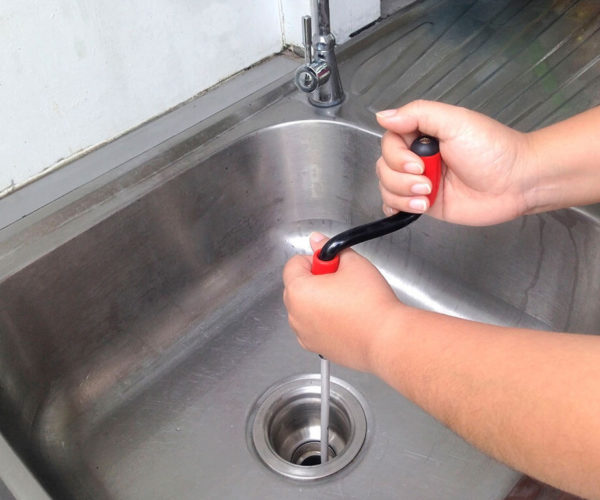 If you prefer to use natural remedies, there are several options that can help unclog a kitchen sink drain. Pouring boiling water down the drain can help dissolve grease and loosen food debris. Baking soda and vinegar can also be effective in breaking down clogs. Simply pour half a cup of baking soda down the drain, followed by half a cup of vinegar. Let it sit for 15 minutes, then flush with hot water.
Pro tip:
Regularly pouring boiling water down the drain can help prevent buildup and keep the pipes clean.
If you prefer to use natural remedies, there are several options that can help unclog a kitchen sink drain. Pouring boiling water down the drain can help dissolve grease and loosen food debris. Baking soda and vinegar can also be effective in breaking down clogs. Simply pour half a cup of baking soda down the drain, followed by half a cup of vinegar. Let it sit for 15 minutes, then flush with hot water.
Pro tip:
Regularly pouring boiling water down the drain can help prevent buildup and keep the pipes clean.
Using Chemical Drain Cleaners
 For tougher clogs, chemical drain cleaners can be effective in breaking down the blockage. However, these products can be harmful to the environment and your pipes if not used correctly. It is important to carefully follow the instructions and wear protective gear when using chemical drain cleaners. If you have a septic system, be sure to use a septic-safe drain cleaner.
Pro tip:
To avoid the need for harsh chemicals, regularly clean your drains with a mixture of baking soda and vinegar.
For tougher clogs, chemical drain cleaners can be effective in breaking down the blockage. However, these products can be harmful to the environment and your pipes if not used correctly. It is important to carefully follow the instructions and wear protective gear when using chemical drain cleaners. If you have a septic system, be sure to use a septic-safe drain cleaner.
Pro tip:
To avoid the need for harsh chemicals, regularly clean your drains with a mixture of baking soda and vinegar.
Calling a Professional Plumber
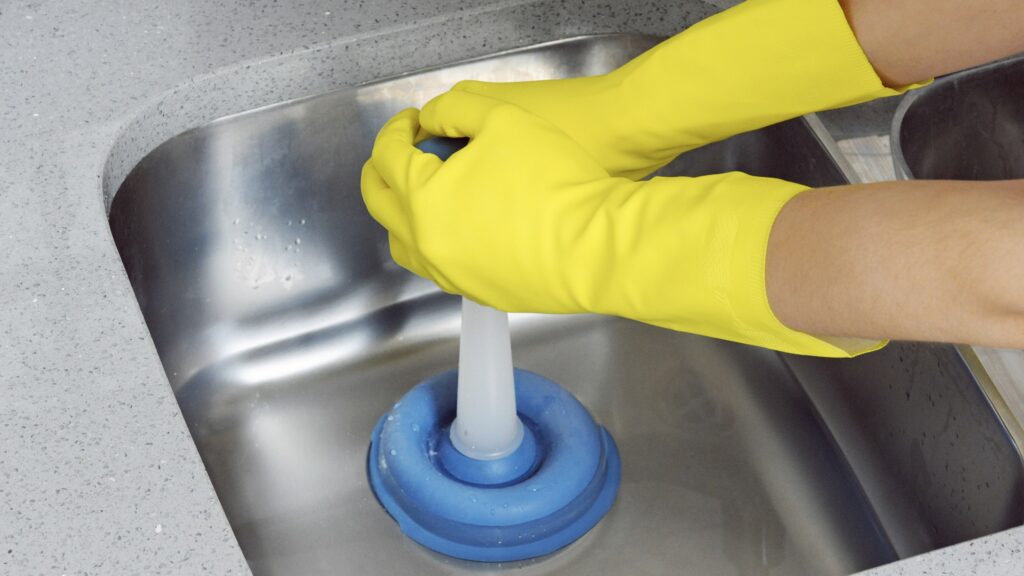 If all else fails, it may be time to call a professional plumber. A plumber has the necessary tools and expertise to unclog even the toughest kitchen sink drain. They can also inspect the pipes for any underlying issues that may be causing frequent clogs. While it may be a more expensive option, it can save you time and frustration in the long run.
Pro tip:
Consider investing in a garbage disposal to help prevent clogs in the kitchen sink drain.
If all else fails, it may be time to call a professional plumber. A plumber has the necessary tools and expertise to unclog even the toughest kitchen sink drain. They can also inspect the pipes for any underlying issues that may be causing frequent clogs. While it may be a more expensive option, it can save you time and frustration in the long run.
Pro tip:
Consider investing in a garbage disposal to help prevent clogs in the kitchen sink drain.
In Conclusion
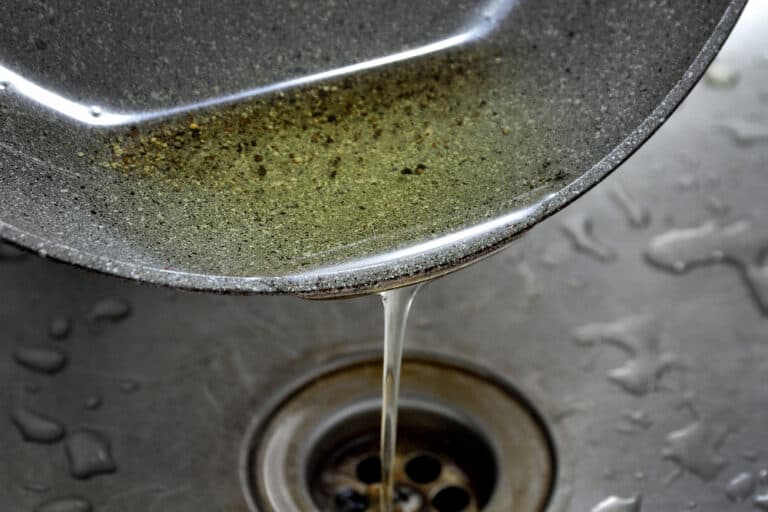 A clogged kitchen sink drain can be a major inconvenience, but with the tips and tricks mentioned in this article, you can easily fix the issue and prevent future clogs. Whether you prefer natural remedies or calling a professional, it is important to address the problem as soon as possible to avoid further damage to your pipes. Remember to regularly clean and maintain your drains to keep them functioning properly.
A clogged kitchen sink drain can be a major inconvenience, but with the tips and tricks mentioned in this article, you can easily fix the issue and prevent future clogs. Whether you prefer natural remedies or calling a professional, it is important to address the problem as soon as possible to avoid further damage to your pipes. Remember to regularly clean and maintain your drains to keep them functioning properly.
/plumber-unclogging-kitchen-sink-169270382-5797a9355f9b58461f27f024.jpg)




:max_bytes(150000):strip_icc()/how-to-unclog-a-kitchen-sink-2718799_sketch_FINAL-8c5caa805a69493ab22dfb537c72a1b7.png)






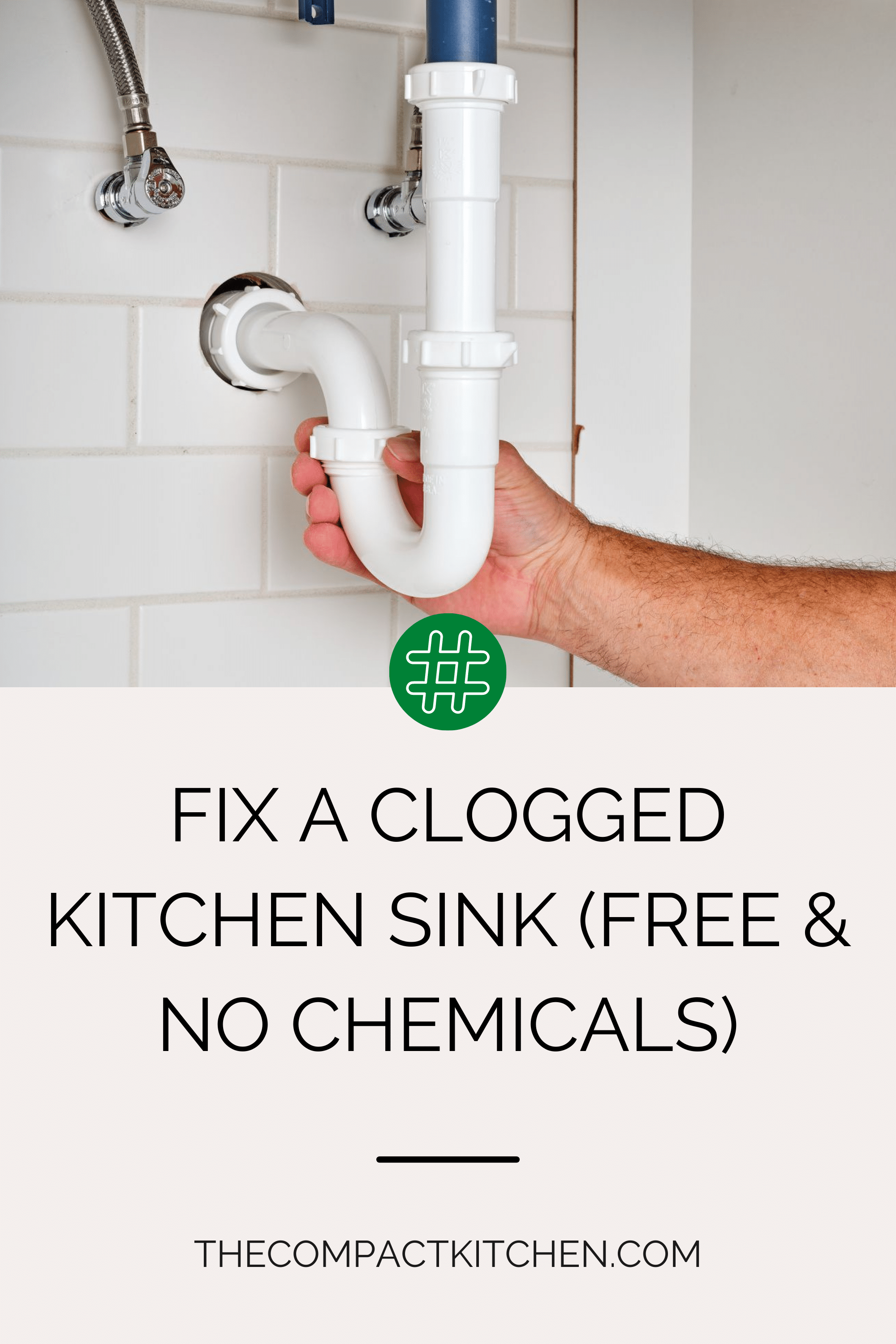





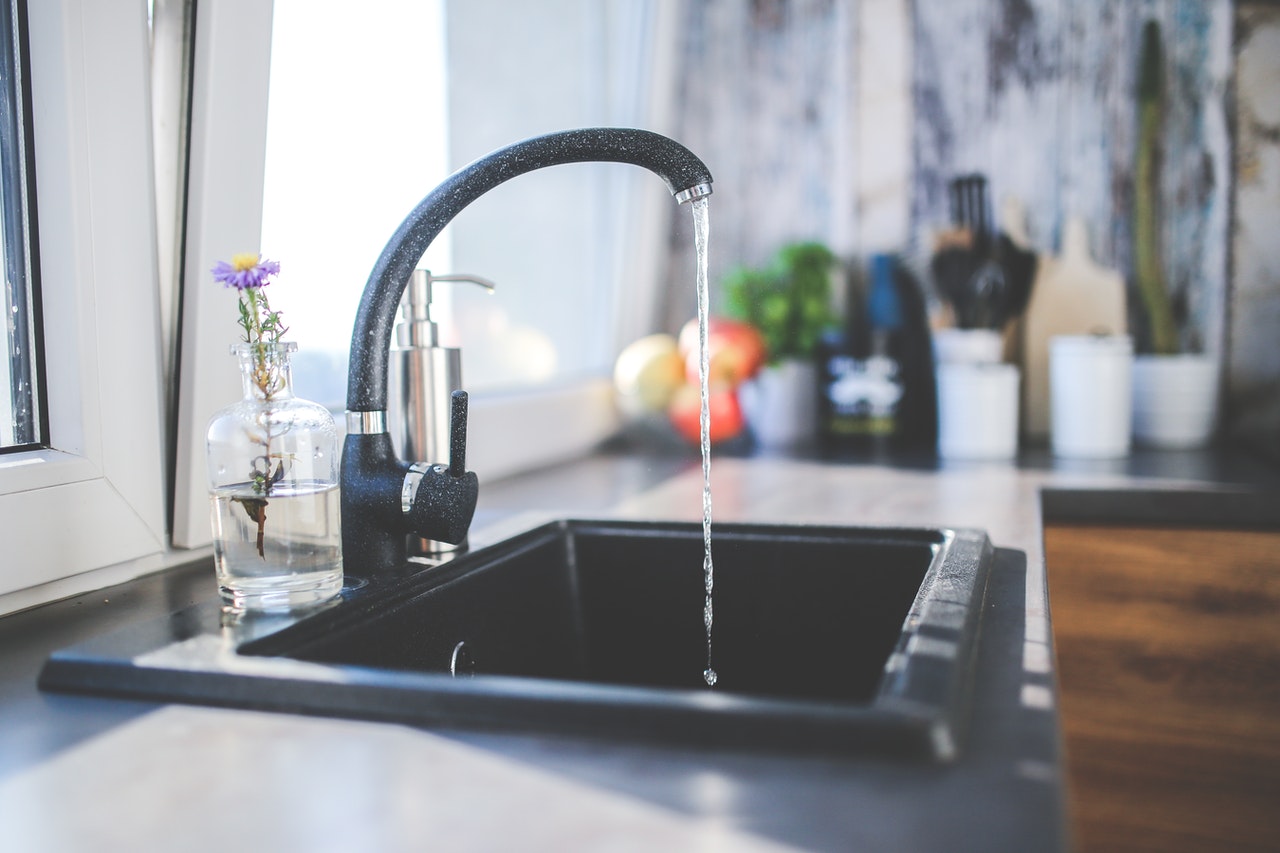
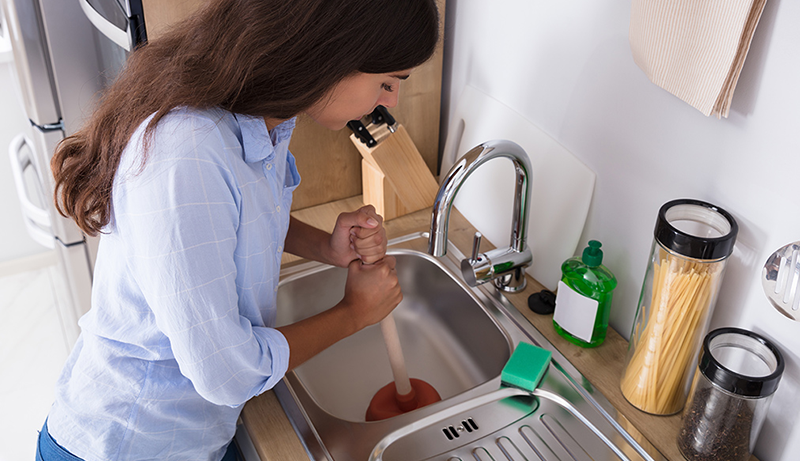

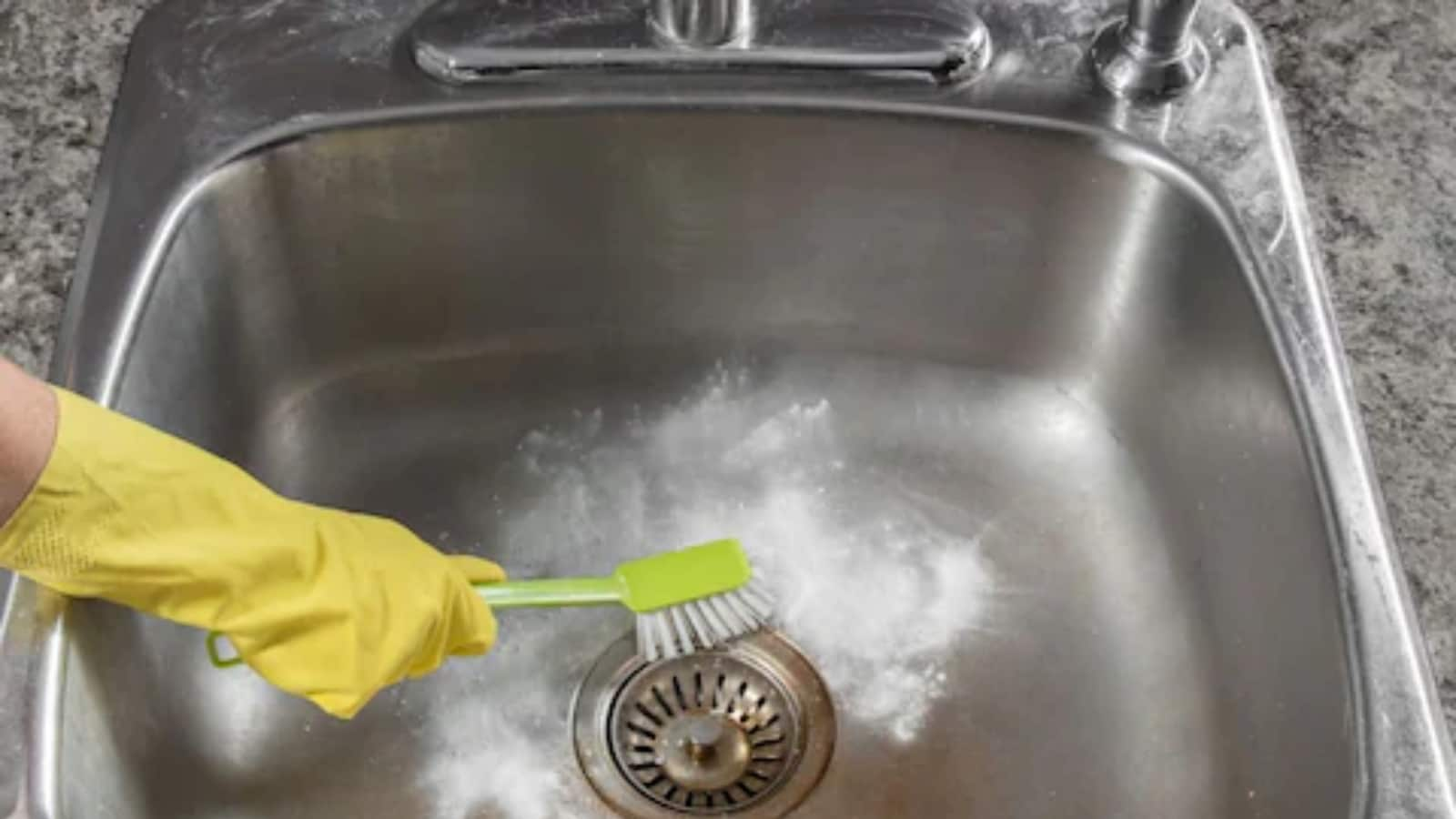




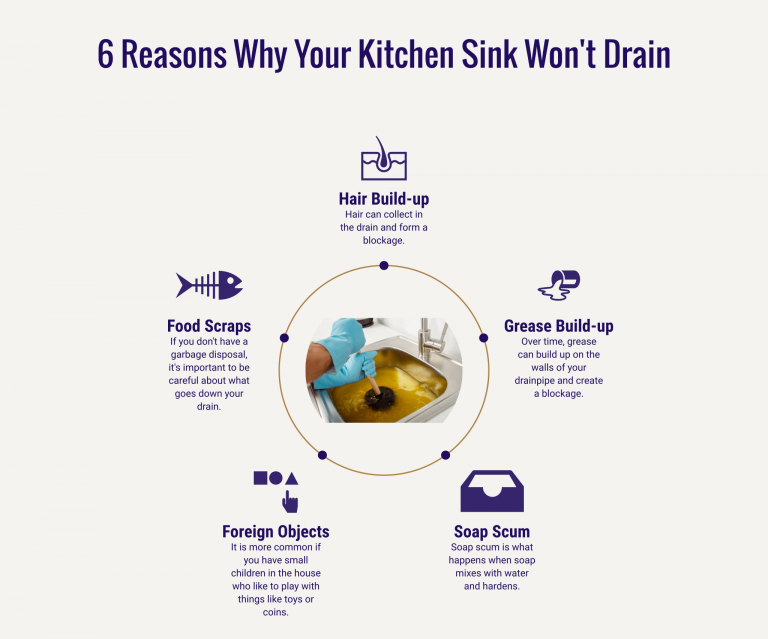


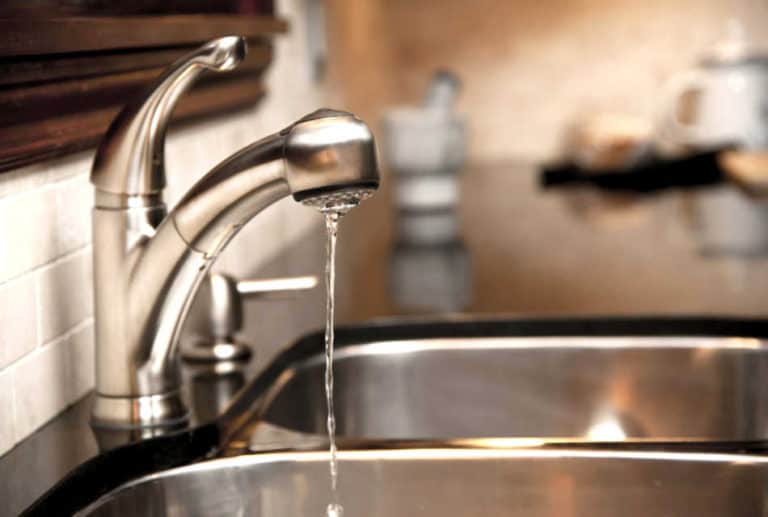






















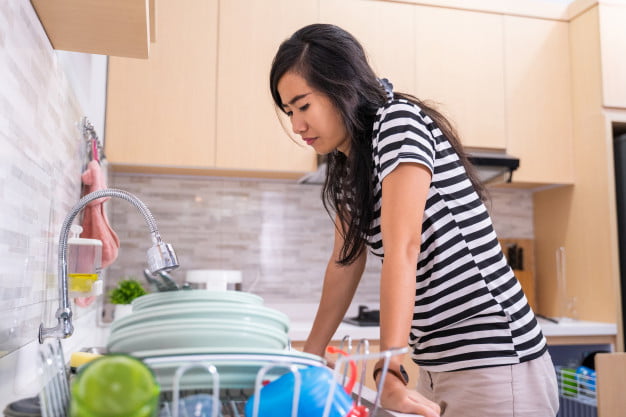
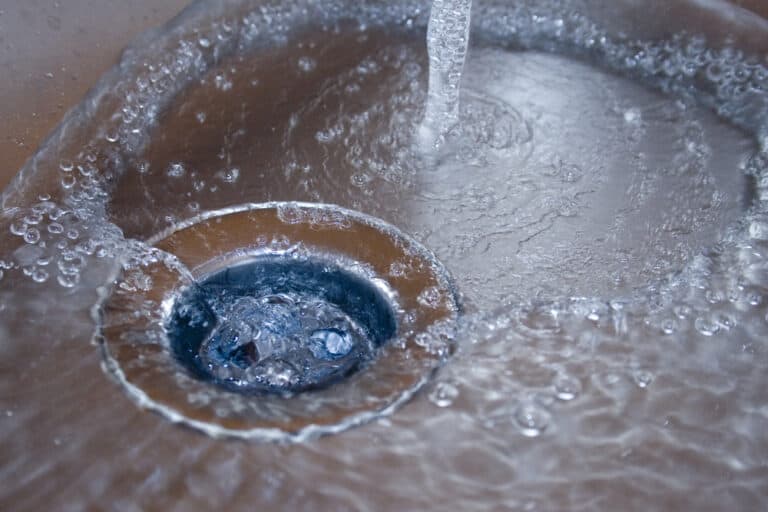






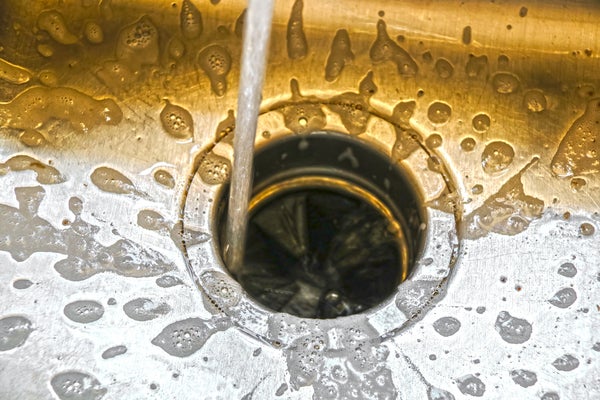



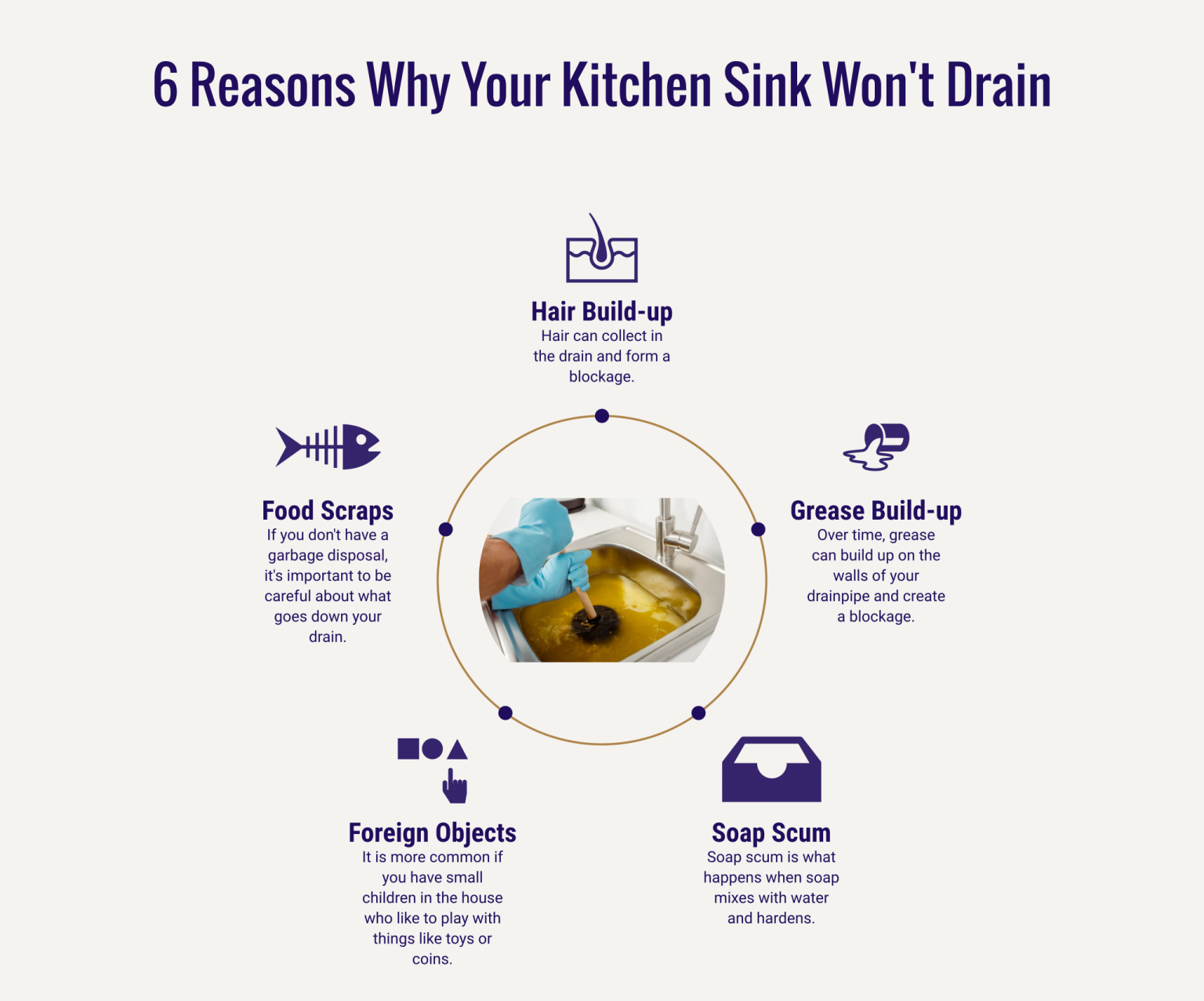
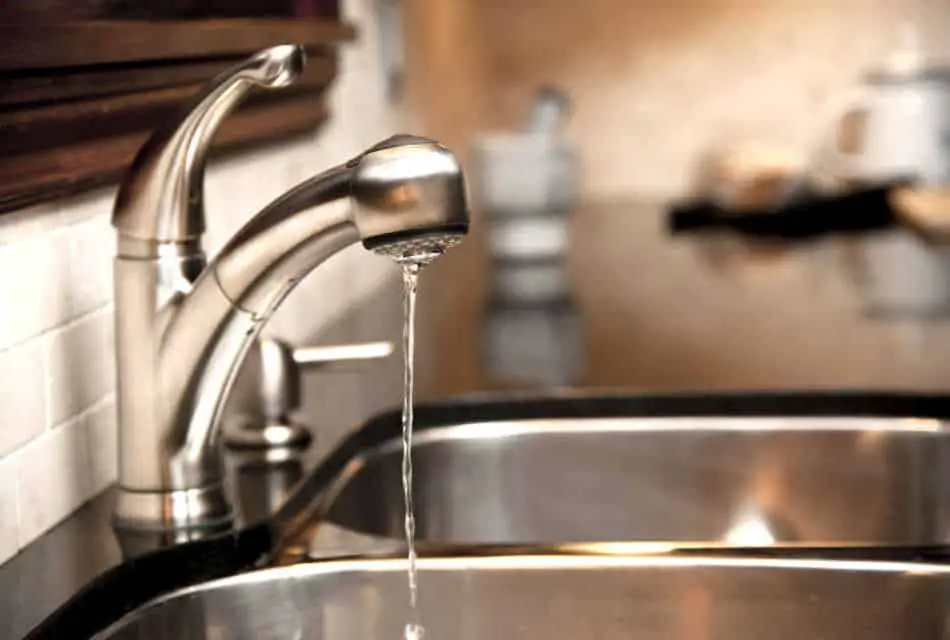


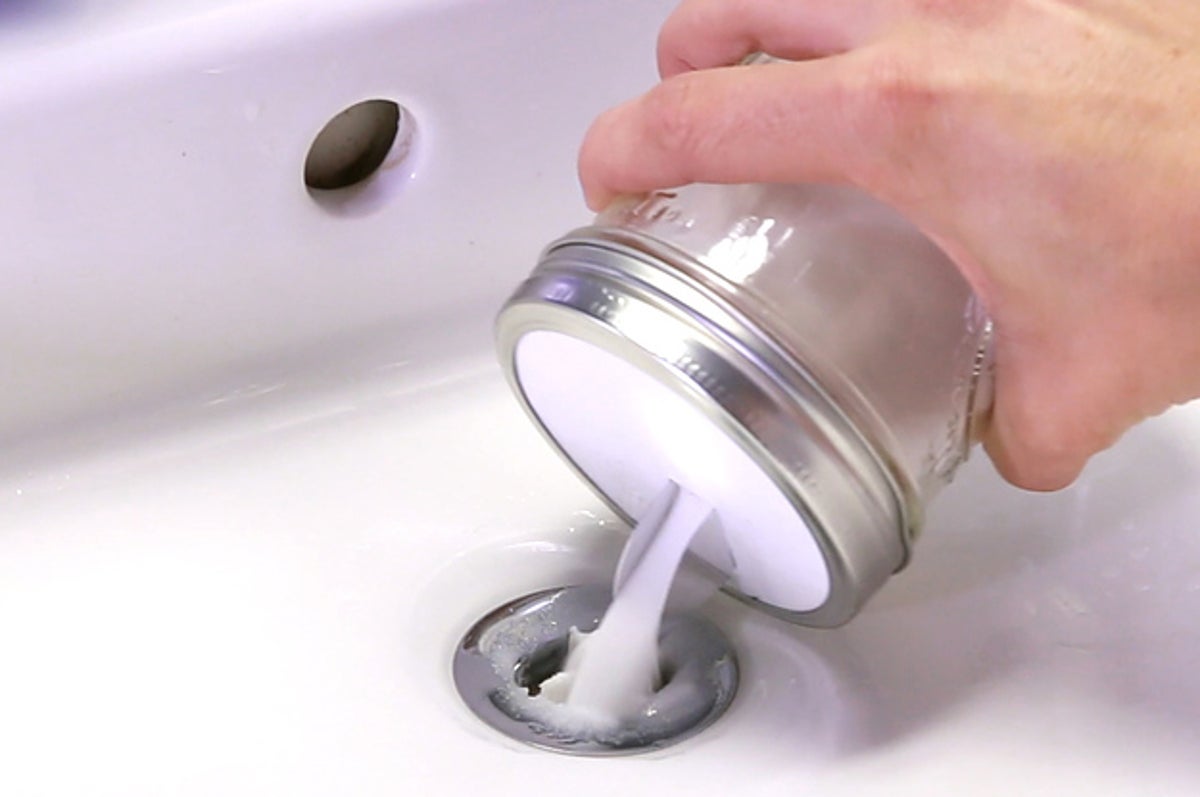


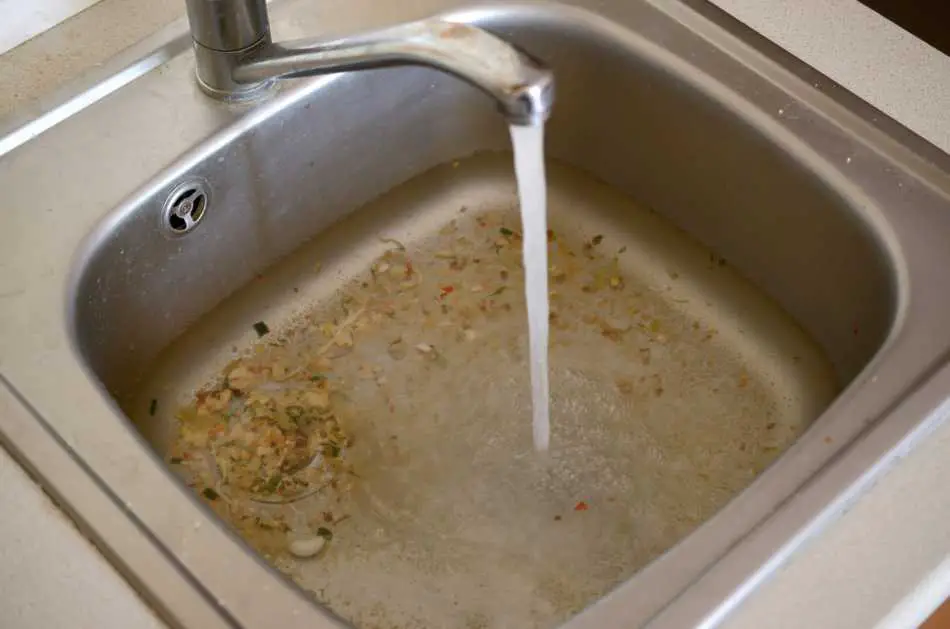


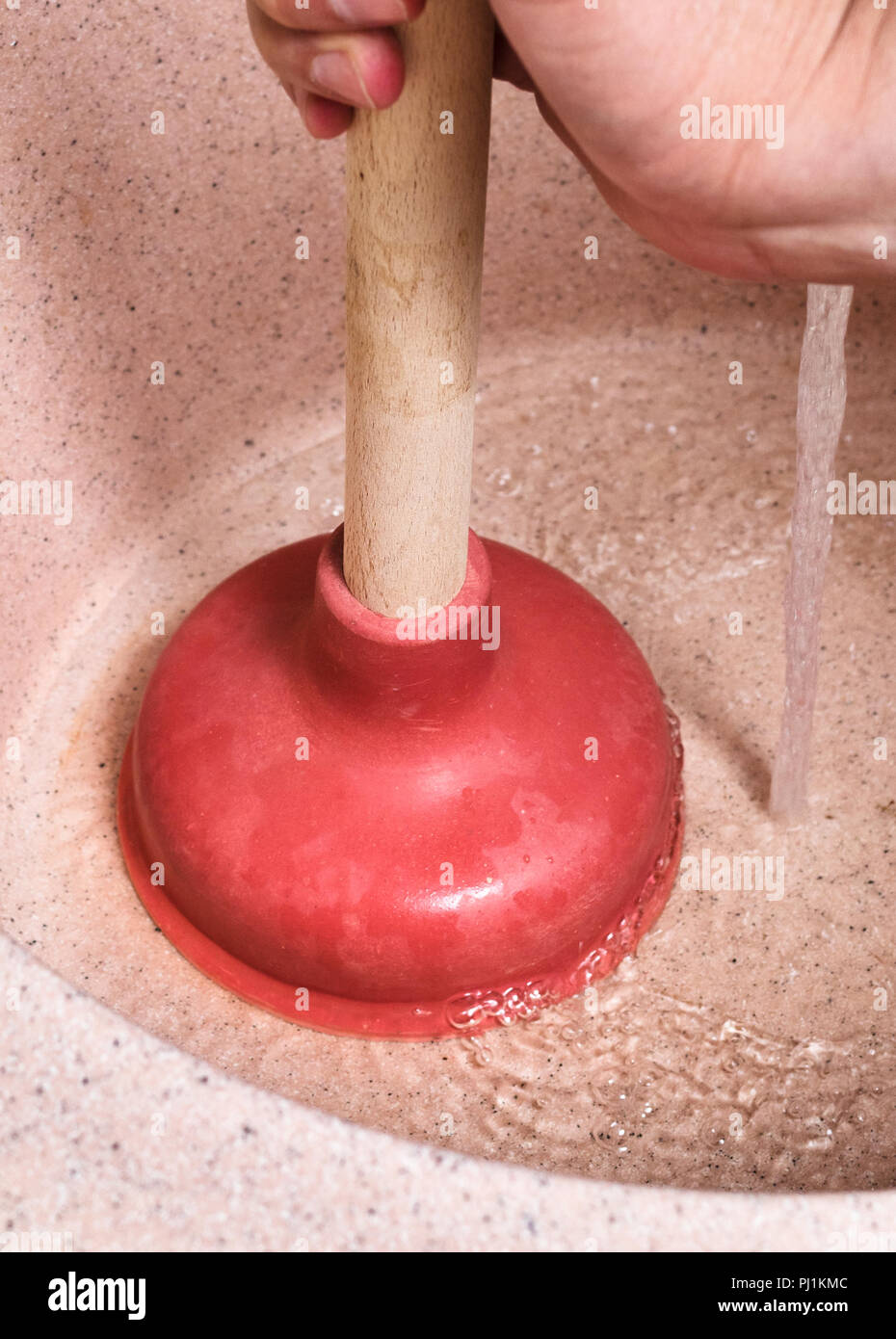
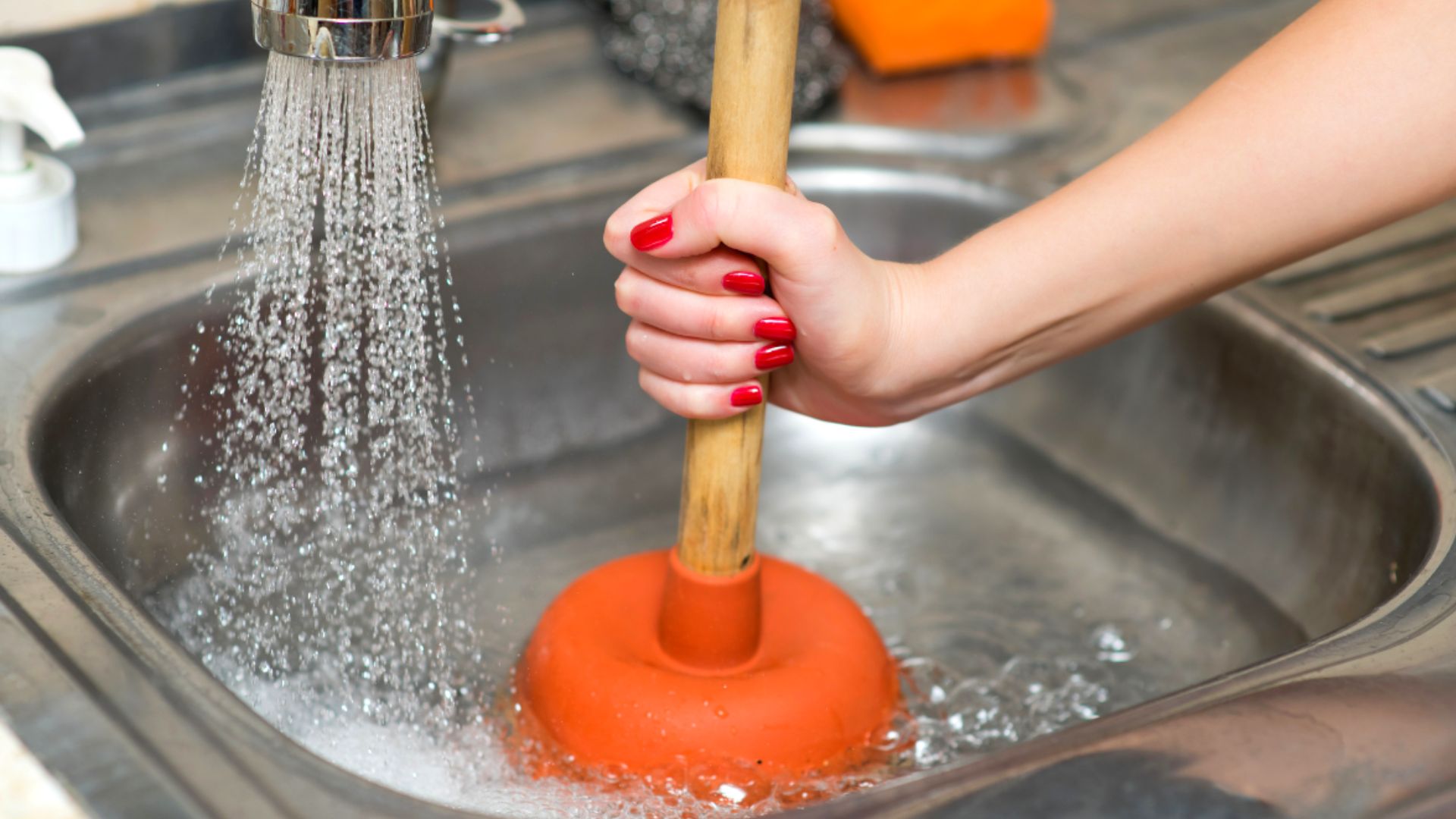

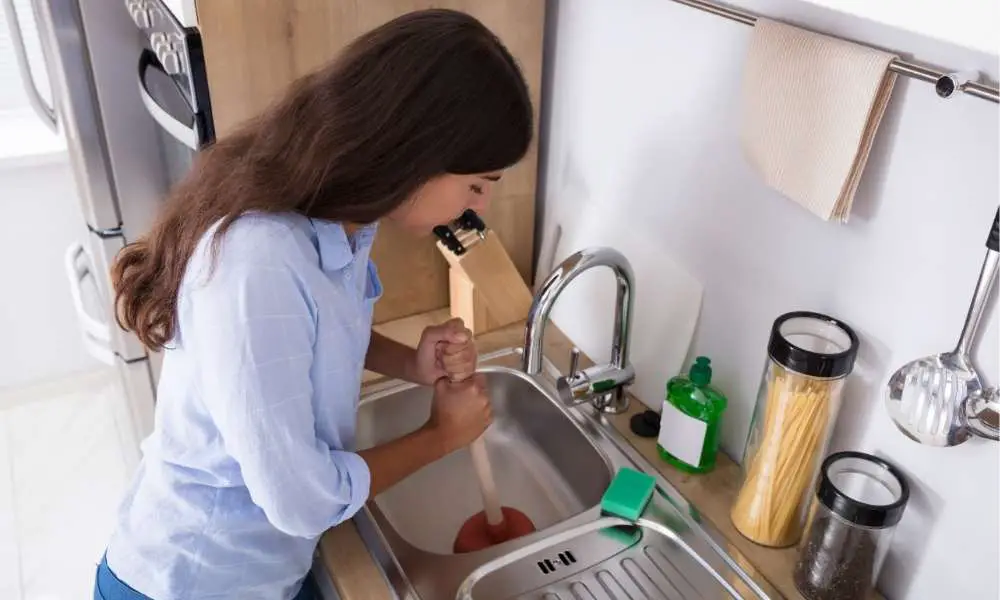
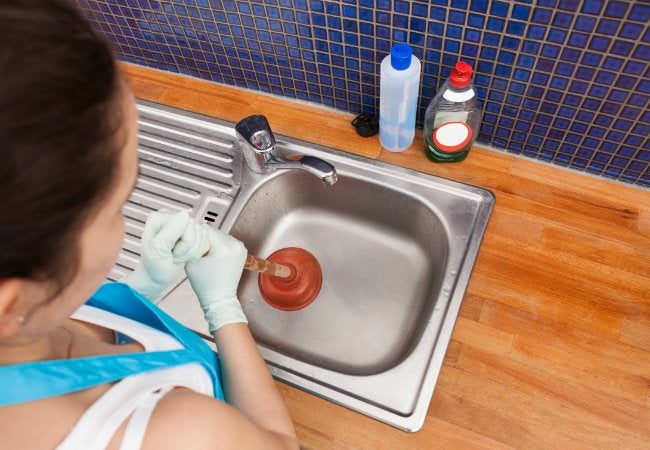
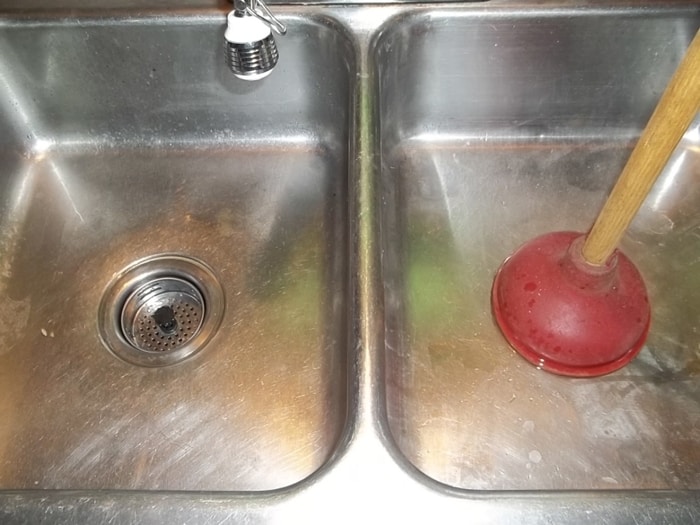
/woman-wearing-yellow-washing-up-gloves-to-unblock-sink-using-plunger-close-up-131987463-5887cfc03df78c2ccd92ec9e.jpg)





:max_bytes(150000):strip_icc()/pouring-chemicals-down-a-sink-80033290-5810e9425f9b58564c60a7e1.jpg)

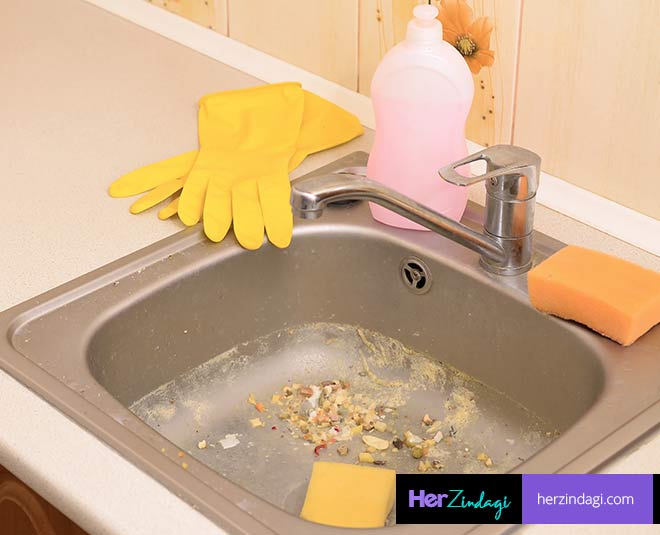
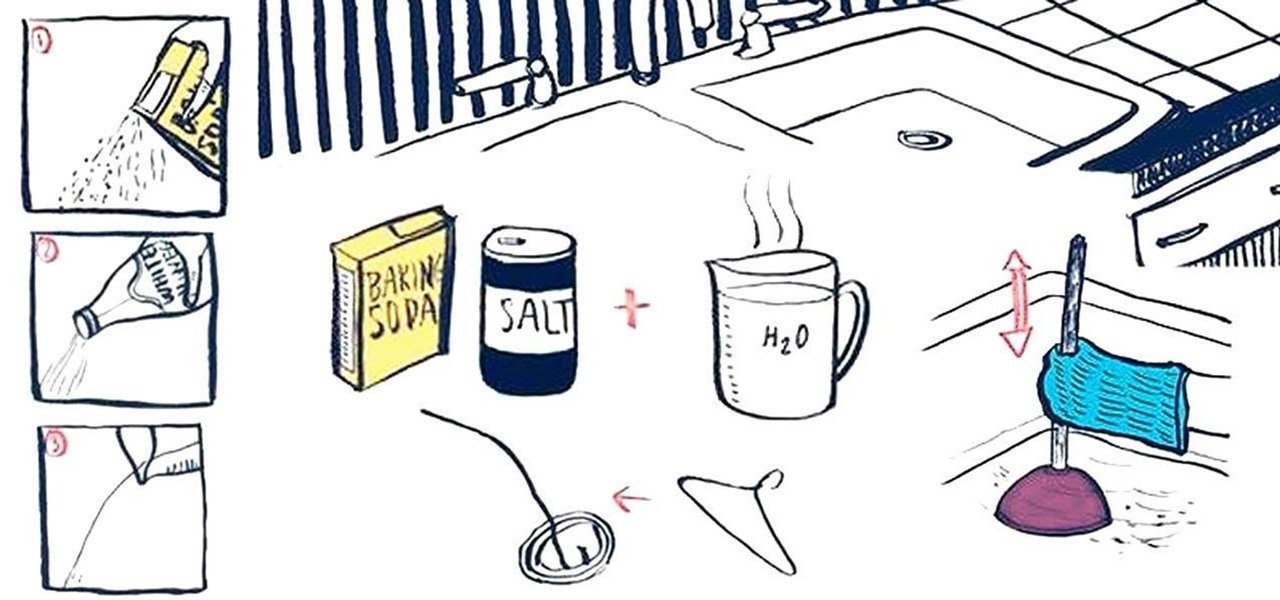
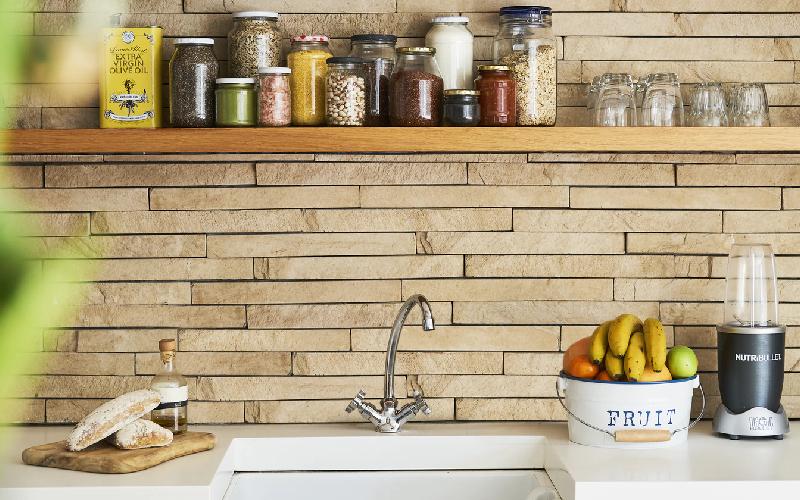
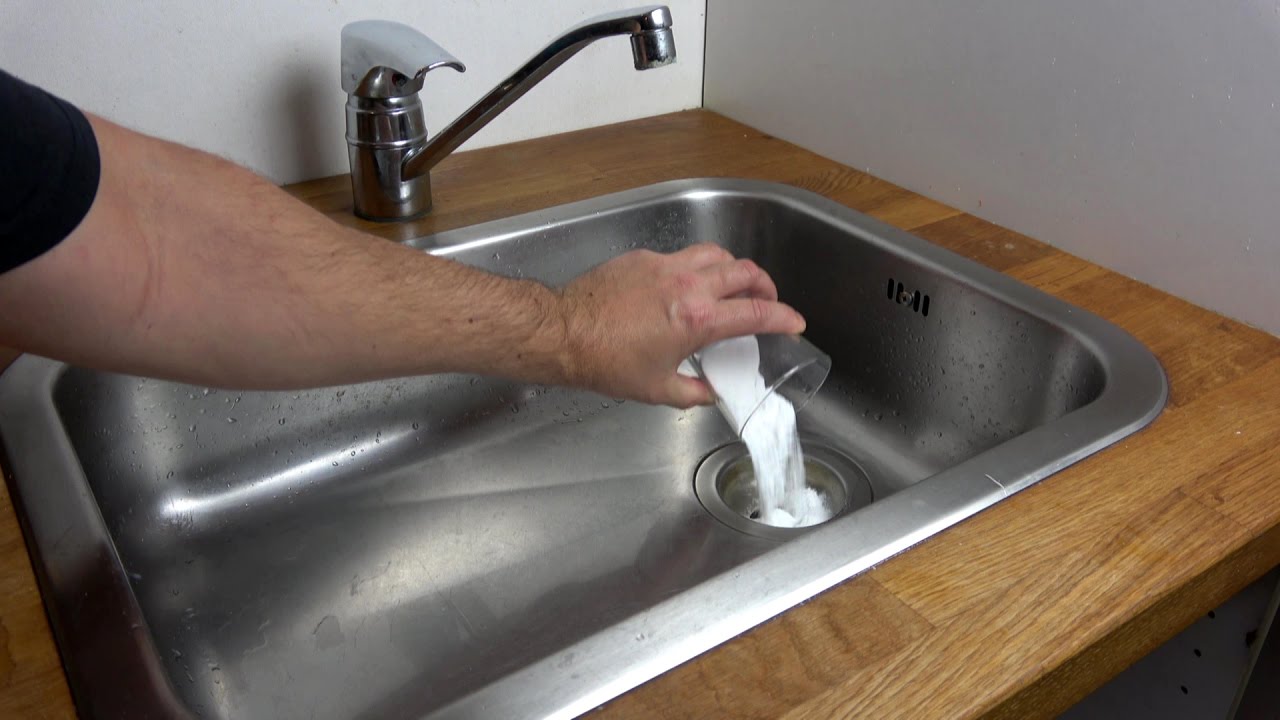
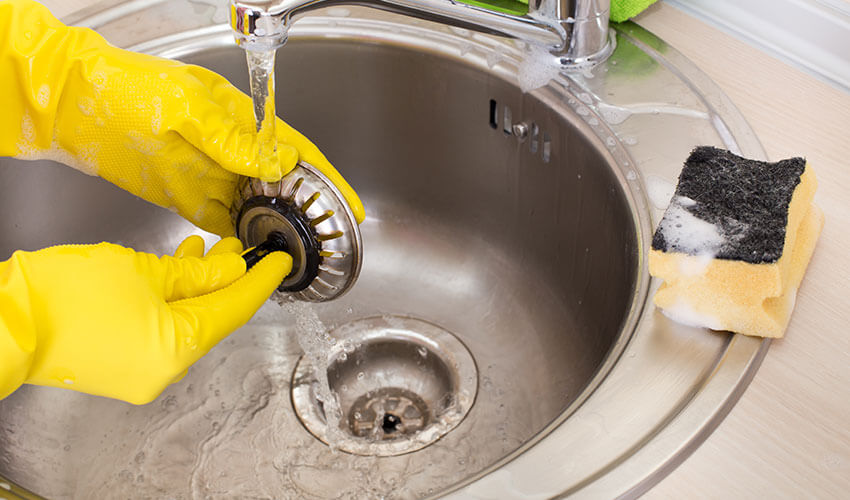




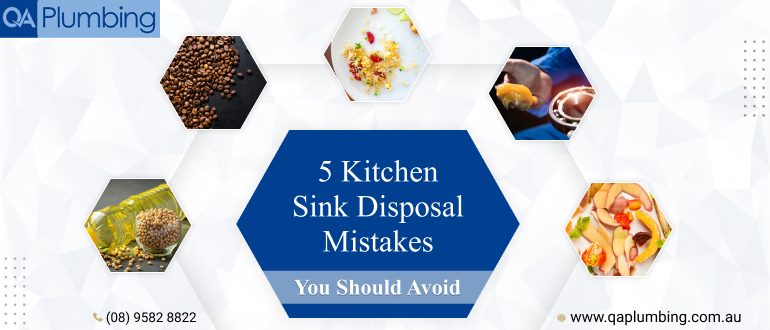
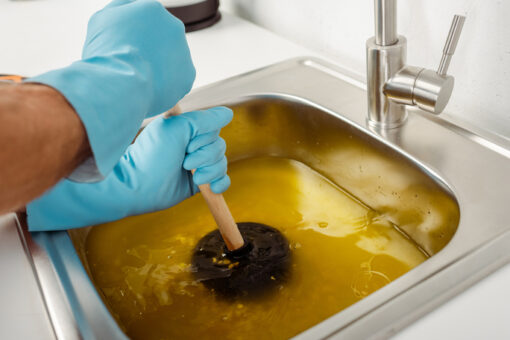

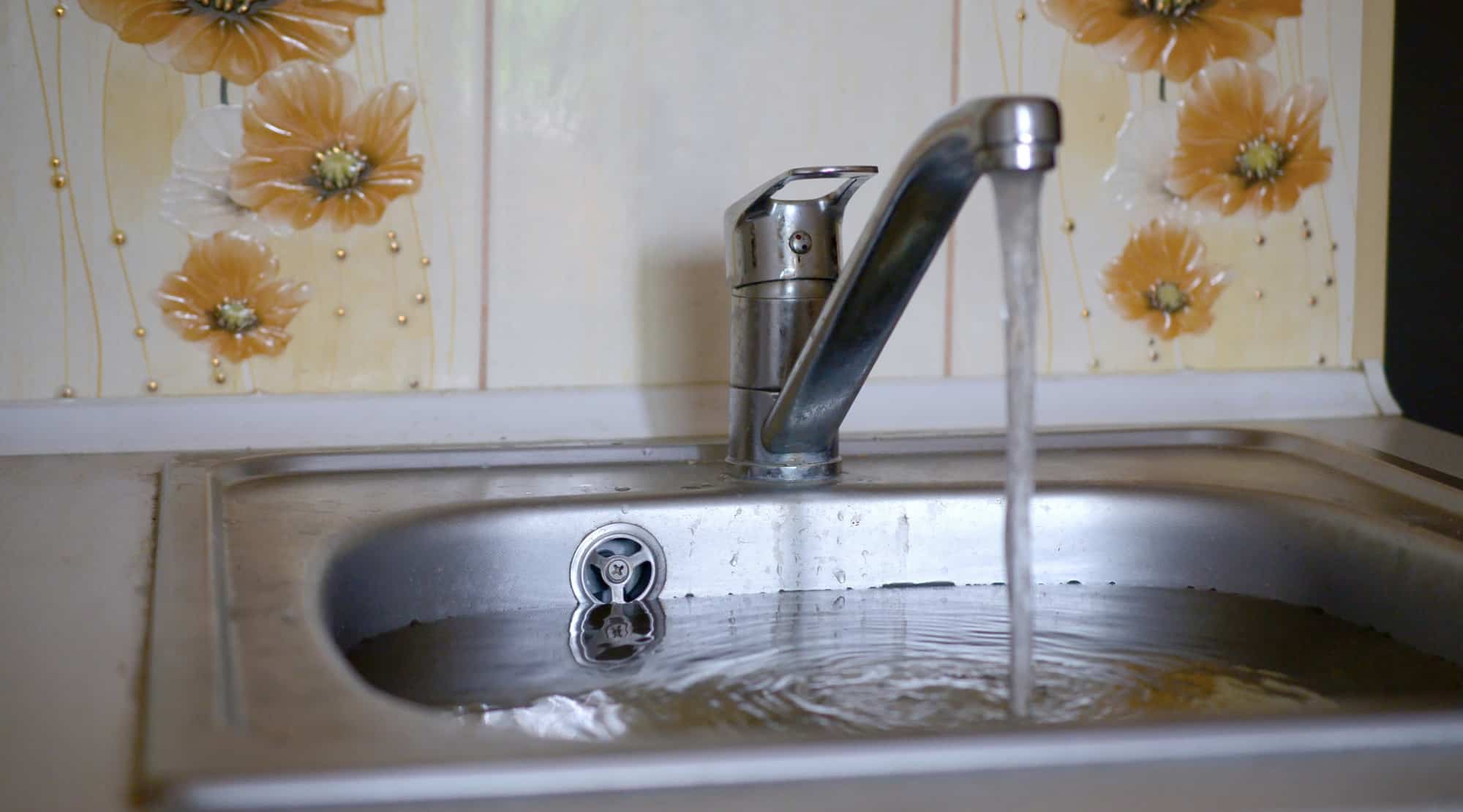


/Lee-Edwards-Getty-Images-56a5ae653df78cf7728968ec.jpg)

:max_bytes(150000):strip_icc()/bluebedrooms7-596ba5f65f9b582c3575c8bd.jpg)



